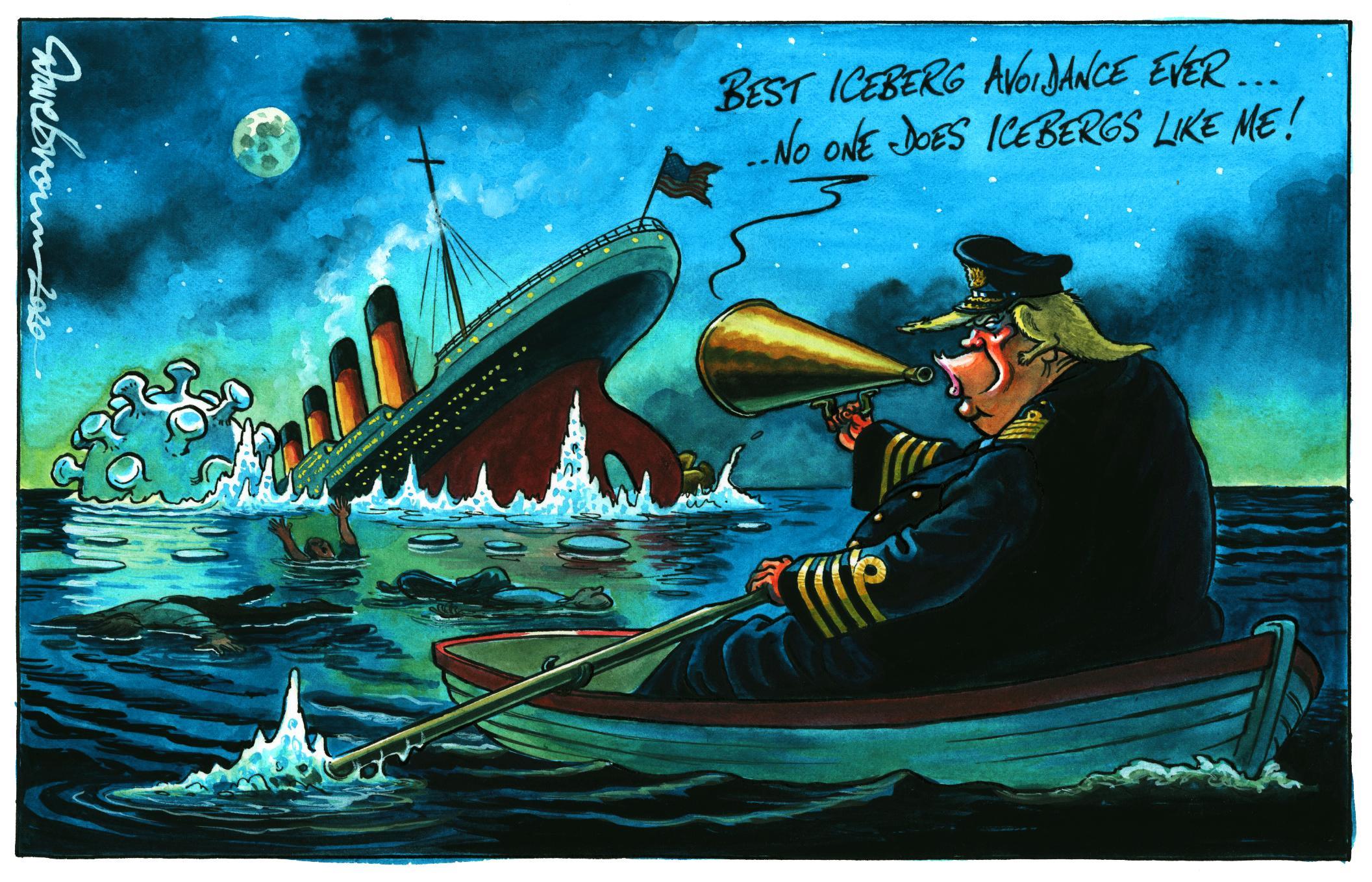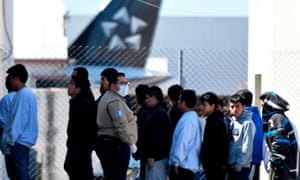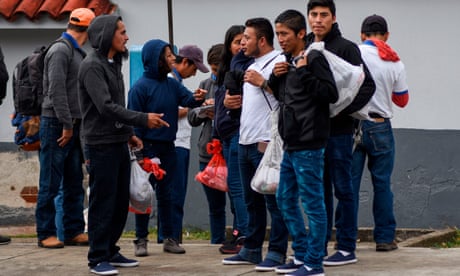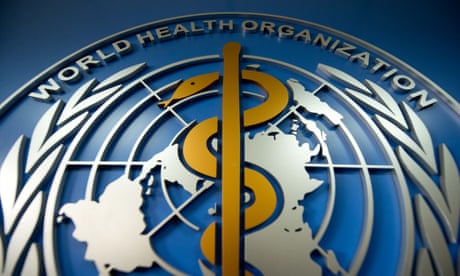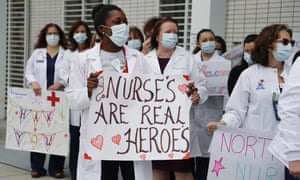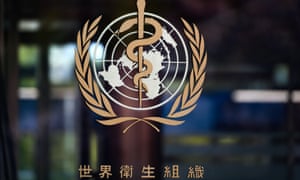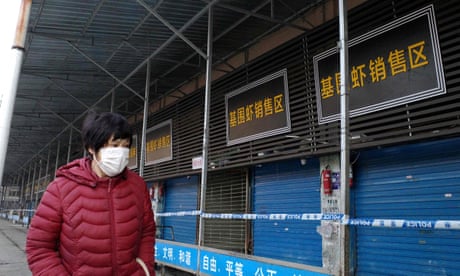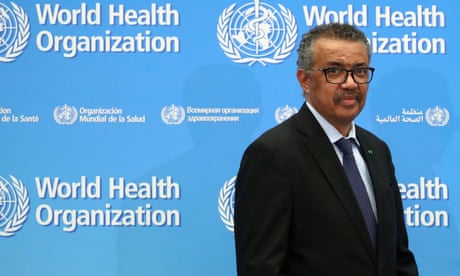Anti-Corbyn Labour officials worked to lose general election to oust leader, leaked dossier finds
Call for investigation into ‘possible misuse of funds’ by senior officials on party’s right wing
Call for investigation into ‘possible misuse of funds’ by senior officials on party’s right wing
BLAIRITE, ZIONIST CONSPIRACY TO OUST CORBYN TURNS OUT TO BE TRUE
Jon Stone Policy Correspondent THE INDEPENDENT APRIL 14, 2020
Labour party officials opposed to Jeremy Corbyn worked to lose the 2017 general election in the hope that a bad result would trigger a leadership contest to oust him, a dossier drawn up by the party suggests.
A huge cache of leaked WhatsApp messages and emails show senior officials from the party’s right wing, who worked at its HQ, became despondent as Labour climbed in the polls during the election campaign despite their efforts.
The unreleased report, which The Independent has seen in full, was drawn up in the last days of Mr Corbyn’s leadership and concerns the conduct of certain officials, including some who were investigating cases of antisemitism in the party. Labour has confirmed the document is a genuine draft, though it is not clear who it was commissioned or written by.
Left-wingers in the party called for new leader Sir Keir Starmer to launch an investigation into the behaviour detailed in the report, including “the possible misuse of funds” by officials.
Tactics by anti-Corbyn staff evidenced in the report include channelling resources to candidates associated with the right wing of the party, refusing to share information with the leader’s office, and “coming into the office and doing nothing for a few months” during the election campaign.
The report says hostile staff created a chat so they could pretend to work while actually speaking to each other, with one participant stating that “tap tap tapping away will make us look v busy”.
An election night chat log shows that 45 minutes after the exit poll revealed that Labour had overturned the Conservative majority, one senior official said the result was the “opposite to what I had been working towards for the last couple of years”, describing themselves and their allies as “silent and grey-faced” and in need of counselling.
Another said: “We have to be upbeat and not show it,” while a third told the group that “everyone needs to smile”, describing the result as “awful”. Another very senior party official said it was going to be “a long night”.
The senior officials keenly watched polls during the election campaign and hoped that the party that employed them would fare badly. When one YouGov poll showed the party up during the campaign, one said: “I actually felt quite sick when I saw that YouGov poll last night.”
Another official argued that the polling bounce for the party was actually “great”, stating: “I shall tell you why, it is a peak, and the polling was done after the Manchester [terror] attack, so with a bit of luck this speech will show a clear polling decline and we shall all be able to point to how disgusting they truly are.”
The report also details large volumes of abusive discussion by senior officials about colleagues and activists from the party’s left wing. In one exchange a senior official said a young activist had “mental health issues”, to which another official chimed in: “I hope [name of activist redacted] dies in a fire.” A third said: “That’s a very bad wish [name redacted]. But if he does I wouldn’t piss on him to put him out.” The second official then adds: “Wish there was a petrol can emoji.”
The party’s resources – paid for by party members – were often utilised to further the interests of one faction and in some cases were used to undermine the party’s objectives interLeaked Labour internal report
Some senior staff also joked about “hanging and burning” Jeremy Corbyn, and suggested that another staff member who cheered a speech by the party leader “should be shot”.
In another exchange, one senior official laments that political advisers working for members of the shadow cabinet “have stopped wearing bras” and that there are “nipples out at the PADs [political advisers] meeting and not a single tie”. The official then names the adviser and describes her outfit, before suggesting that a male MP only “speaks highly” of the adviser because of her appearance.
One exchange shows a senior official described another from the left of the party as “pube head”. In another, months later, they called her a “smelly cow” and comment that she “had the exact same clothes on yesterday”.
Party staff around the unit were also documented regularly describing people, including colleagues they regarded as not sufficiently opposed to the leadership, as “trots” – short for Trotskyites, or disciples of Russian revolutionary Leon Trotsky. Chat logs show that some colleagues who denounced “trots” themselves were in turn themselves privately regarded as “trots” by other staffers for being seen as insufficiently critical.
During the 2015 and 2016 leadership contests a large number of staffers at Labour HQ appear to have worked to exclude those they regarded as “trots” from voting in the election – believing that they would vote for Jeremy Corbyn.
The report says staffers trawled social media to find reasons to exclude voters from the contest, work which was referred to on numerous occasions by staff as variations of “trot busting”, “bashing trots” and “trot spotting”. One staffer described themselves as being “trot smasher in chief”, while another said during the 2015 leadership election that the “priority right now is trot hunting”. In 2015 two officials discussed the fact that they were “playing trot or not” while “the real work is piling up”. A senior official described this work as “saving the Labour party”.
Senior officials from the right of the party spoke of their opposition to policy positions adopted by the party under both Jeremy Corbyn’s leadership, but also that of his predecessor Ed Miliband. In one 2015 exchange, a member of staff said: “Brace yourself. [Shadow chancellor John] McDonnell just called for corporation tax to go up.” Another replied: “You’re kidding me. I can’t quite believe it.”
Commenting after this portion of the report was posted on social media, former shadow health secretary and leadership candidate Andy Burnham said: “Seems right to me. Always felt like the party machine opposed my pro-public NHS and social care policies between 2010 and 2015. Not sure I had even-handed treatment from them in either the 2010 or 2015 leadership elections.”
In one 2015 WhatsApp conversation, one senior official expressed the opinion that despite being “s***”, Tory MP Iain Duncan Smith was “better than most of our shadow cabinet” – at a time early in Mr Corbyn’s leadership when the Labour front bench contained MPs from a relatively broad cross-section of the party.
Jon Stone Policy Correspondent THE INDEPENDENT APRIL 14, 2020
Labour party officials opposed to Jeremy Corbyn worked to lose the 2017 general election in the hope that a bad result would trigger a leadership contest to oust him, a dossier drawn up by the party suggests.
A huge cache of leaked WhatsApp messages and emails show senior officials from the party’s right wing, who worked at its HQ, became despondent as Labour climbed in the polls during the election campaign despite their efforts.
The unreleased report, which The Independent has seen in full, was drawn up in the last days of Mr Corbyn’s leadership and concerns the conduct of certain officials, including some who were investigating cases of antisemitism in the party. Labour has confirmed the document is a genuine draft, though it is not clear who it was commissioned or written by.
The 860-page document claims that “an abnormal intensity of factional opposition to the party leader” had “inhibited the proper functioning of the Labour Party bureaucracy” and contributed to “a litany of mistakes” in dealing with antisemitism, which it admits was a serious problem in the party.
But the Campaign Against Antisemitism said the document was a “desperate last-ditch attempt to deflect and discredit allegations” and amounted to “an attempt to imagine a vast anti-Corbyn conspiracy”.
Left-wingers in the party called for new leader Sir Keir Starmer to launch an investigation into the behaviour detailed in the report, including “the possible misuse of funds” by officials.
Tactics by anti-Corbyn staff evidenced in the report include channelling resources to candidates associated with the right wing of the party, refusing to share information with the leader’s office, and “coming into the office and doing nothing for a few months” during the election campaign.
The report says hostile staff created a chat so they could pretend to work while actually speaking to each other, with one participant stating that “tap tap tapping away will make us look v busy”.
An election night chat log shows that 45 minutes after the exit poll revealed that Labour had overturned the Conservative majority, one senior official said the result was the “opposite to what I had been working towards for the last couple of years”, describing themselves and their allies as “silent and grey-faced” and in need of counselling.
Another said: “We have to be upbeat and not show it,” while a third told the group that “everyone needs to smile”, describing the result as “awful”. Another very senior party official said it was going to be “a long night”.
The senior officials keenly watched polls during the election campaign and hoped that the party that employed them would fare badly. When one YouGov poll showed the party up during the campaign, one said: “I actually felt quite sick when I saw that YouGov poll last night.”
Another official argued that the polling bounce for the party was actually “great”, stating: “I shall tell you why, it is a peak, and the polling was done after the Manchester [terror] attack, so with a bit of luck this speech will show a clear polling decline and we shall all be able to point to how disgusting they truly are.”
The report also details large volumes of abusive discussion by senior officials about colleagues and activists from the party’s left wing. In one exchange a senior official said a young activist had “mental health issues”, to which another official chimed in: “I hope [name of activist redacted] dies in a fire.” A third said: “That’s a very bad wish [name redacted]. But if he does I wouldn’t piss on him to put him out.” The second official then adds: “Wish there was a petrol can emoji.”
The party’s resources – paid for by party members – were often utilised to further the interests of one faction and in some cases were used to undermine the party’s objectives interLeaked Labour internal report
Some senior staff also joked about “hanging and burning” Jeremy Corbyn, and suggested that another staff member who cheered a speech by the party leader “should be shot”.
In another exchange, one senior official laments that political advisers working for members of the shadow cabinet “have stopped wearing bras” and that there are “nipples out at the PADs [political advisers] meeting and not a single tie”. The official then names the adviser and describes her outfit, before suggesting that a male MP only “speaks highly” of the adviser because of her appearance.
One exchange shows a senior official described another from the left of the party as “pube head”. In another, months later, they called her a “smelly cow” and comment that she “had the exact same clothes on yesterday”.
Party staff around the unit were also documented regularly describing people, including colleagues they regarded as not sufficiently opposed to the leadership, as “trots” – short for Trotskyites, or disciples of Russian revolutionary Leon Trotsky. Chat logs show that some colleagues who denounced “trots” themselves were in turn themselves privately regarded as “trots” by other staffers for being seen as insufficiently critical.
During the 2015 and 2016 leadership contests a large number of staffers at Labour HQ appear to have worked to exclude those they regarded as “trots” from voting in the election – believing that they would vote for Jeremy Corbyn.
The report says staffers trawled social media to find reasons to exclude voters from the contest, work which was referred to on numerous occasions by staff as variations of “trot busting”, “bashing trots” and “trot spotting”. One staffer described themselves as being “trot smasher in chief”, while another said during the 2015 leadership election that the “priority right now is trot hunting”. In 2015 two officials discussed the fact that they were “playing trot or not” while “the real work is piling up”. A senior official described this work as “saving the Labour party”.
Senior officials from the right of the party spoke of their opposition to policy positions adopted by the party under both Jeremy Corbyn’s leadership, but also that of his predecessor Ed Miliband. In one 2015 exchange, a member of staff said: “Brace yourself. [Shadow chancellor John] McDonnell just called for corporation tax to go up.” Another replied: “You’re kidding me. I can’t quite believe it.”
Commenting after this portion of the report was posted on social media, former shadow health secretary and leadership candidate Andy Burnham said: “Seems right to me. Always felt like the party machine opposed my pro-public NHS and social care policies between 2010 and 2015. Not sure I had even-handed treatment from them in either the 2010 or 2015 leadership elections.”
In one 2015 WhatsApp conversation, one senior official expressed the opinion that despite being “s***”, Tory MP Iain Duncan Smith was “better than most of our shadow cabinet” – at a time early in Mr Corbyn’s leadership when the Labour front bench contained MPs from a relatively broad cross-section of the party.
The report claims that “The party’s resources – paid for by party members – were often utilised to further the interests of one faction and in some cases were used to undermine the party’s objectives.” Ahead of the 2017 election officials spoke of channelling resources to candidates critical of the leadership, with one telling colleagues “we need to try and throw cash” at the seat of then-deputy leader Tom Watson, a persistent Corbyn critic. It is claimed that officials operated a “secret key seats team” based in Labour’s London region office in Ergon House, “from where a parallel general election campaign was run to support MPs associated with the right wing of the party”.
Officials appeared to try and hide some of their activities, with the same person stating during a different exchange: “We need to stop digital campaign budgets going to [a named left-wing senior staff member] for approval, he can’t see what we are doing with digital spend”.
We have to be upbeat and not show it
Senior Labour official on morning after party’s unexpectedly good result
In 2017 senior officials in the party discussed making preparations for another leadership election, hoping that one might be triggered by the party losing the Copeland and Stoke-on-Trent Central by-elections. Chat logs show one said “if we lose these elections we could have another leadership election. We should set up at some stage a discrete WG [working group] to go over rules, timetable scenarios and staff servicing the process. Just so we’re prepared”. A very senior official approved the process, dubbing it “Operation Cupcake” and suggesting that Tom Watson could be interim leader. The leadership election would have been the party’s third in three years.
Sky News, which first reported the existence of the dossier, reports that Labour party lawyers have decided against sending it to the Equality and Human Rights Commission, which is currently holding an investigation into antisemitism in the party. It is understood that the report may have been drawn up to help the party understand how its own disciplinary processes operated in recent years and not intended for submission to the EHRC.
Labour was put under investigation by the EHRC after the body received a number of complaints about the party’s response to complaints about antisemitism. The party has moved to expel members accused of anti-Jewish racism, but has been accused by critics of not doing so fast enough or making the wrong decisions in some cases. Critics of Mr Corbyn say his politics, and particularly his support for Palestinian liberation, has attracted antisemities to the party – though the Home Affairs Select Committee found “no reliable, empirical evidence to support the notion that there is a higher prevalence of antisemitic attitudes within the Labour Party than any other political party”.
The parliamentary committee however warned at the time that the leadership’s lack of action “risks lending force to allegations that elements of the Labour movement are institutionally antisemitic”. The EHRC, which launched its investigation in May 2019, is investigating whether the party has broken equality law, whether it has taken steps to improve its processes after internal reviews, and whether it has “responded to complaints of unlawful acts in a lawful, efficient and effective manner”.
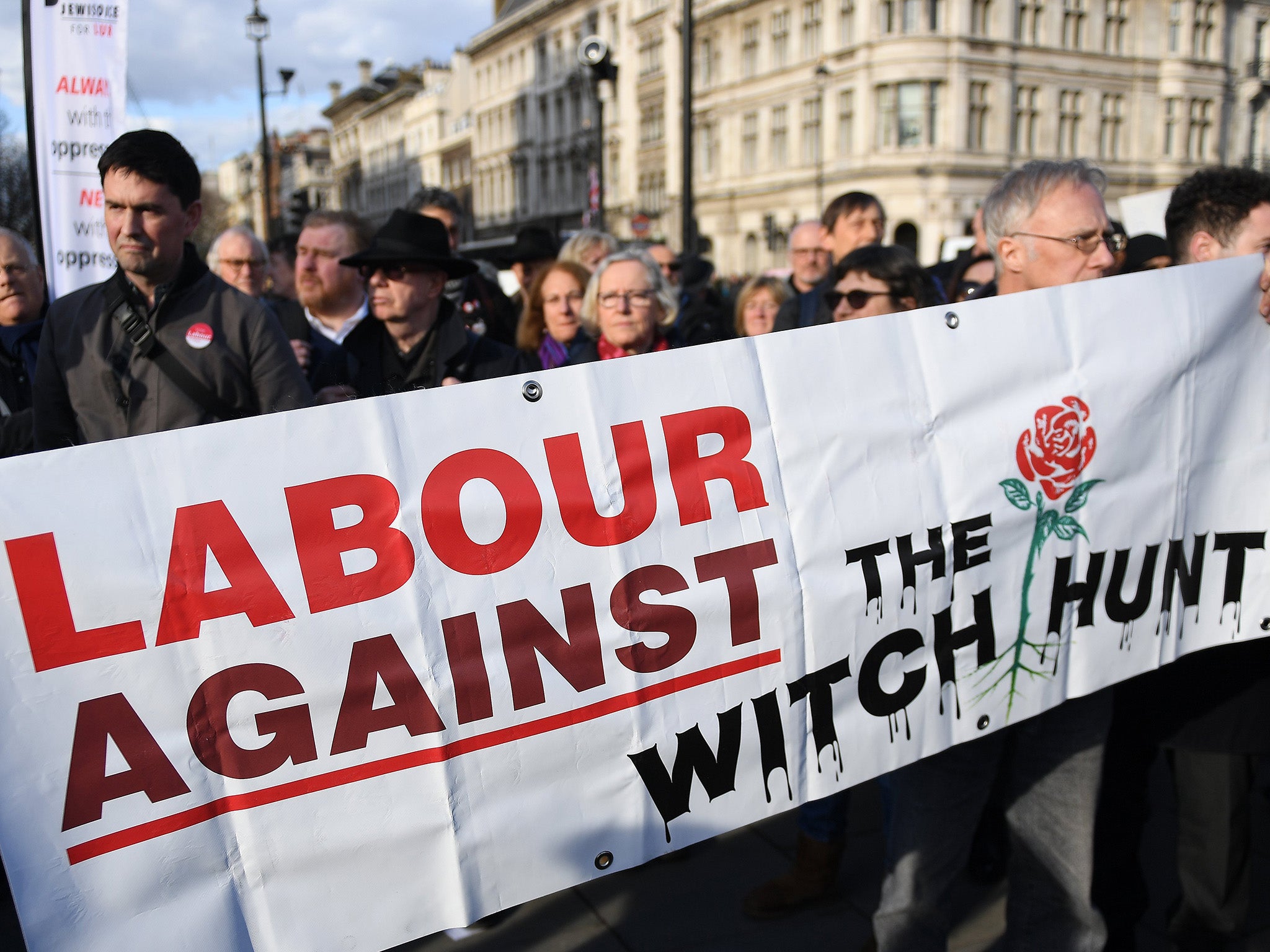
Watch more
Labour leadership candidates clash over antisemitism in fiery debate
Antisemitism should not be the only focus in the Labour leader race
A statement from Gideon Falter, chief executive of the Campaign Against Antisemitism, argued that the material should be submitted to the investigation, but said: “In the dying days of Jeremy Corbyn’s leadership, the Labour Party appears to have invested in a desperate last-ditch attempt to deflect and discredit allegations of antisemitism. Rather than properly dealing with cases of antisemitism and the culture of anti-Jewish racism that prevailed during Mr Corbyn’s tenure, the Party has instead busied itself trawling through 10,000 of its own officials’ emails and WhatsApp messages in an attempt to image a vast anti-Corbyn conspiracy and to continue its efforts to smear whistleblowers.
“It is a disgrace that the 450,000-word report, which itself claims to ‘prove the scale’ of antisemitism in the Party and serves an exhibit of the Party’s failure to address the crisis, is being kept secret. Sir Keir Starmer has the report and should ensure that it is immediately provided to us and the Equality and Human Rights Commission, so that it can be considered as part of the Commission’s statutory investigation in which we are the complainant.”
Labour MP Charlotte Nichols said that “this document should be published in full” and that “Jewish members have a right to know what has happened and to see the evidence”.
Labour shadow minister Alex Sobel said: “To read the messages and emails that our own staff conspired to undermine our candidates and starve those in marginal seats of resources is a disgrace.
“To further read how complaints of antisemitism, Islamophobia, sexual harassment and other complaints were mismanaged due to a toxic internal culture highlights why the EHRC were right to investigate and vindicates the complainants.”
He criticised the leaker of the report for exposing a “huge amount of sensitive personal information” and said that the party’s culture needed to be “yanked out by its roots”.
Momentum, a group which organises on the left wing of the Labour party, called for a full inquiry into the report, including “the possible misuse of funds”.
“Labour came so close in the 2017 general election. Winning 40% of the popular vote, we were less than 2,500 votes away from forming a government. Had we pulled together, we could have won. A Labour government could have revived crucial public services, built a more resilient economy, and saved lives by giving our NHS the resources it needs,” Momentum national coordinating group member John Taylor said.
“Instead, leaked WhatsApp messages suggest that party headquarters undermined Labour’s chances in 2017 and were disappointed when the Tories lost their majority. For the activists who gave everything working for a Labour government, and for those whose lives depend on Labour winning power, we can never let this happen again.
Protests against Labour antisemitism
Show all 14
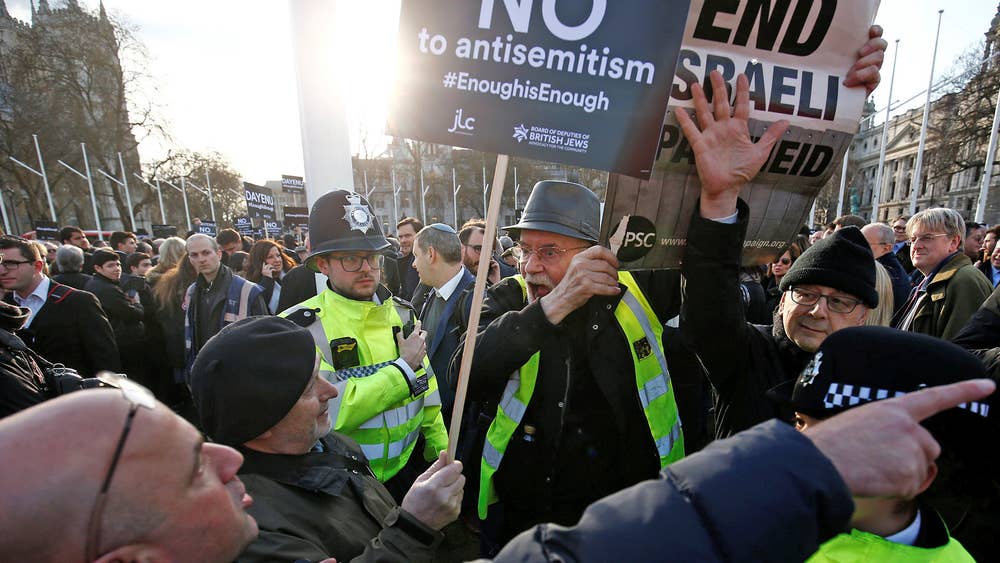
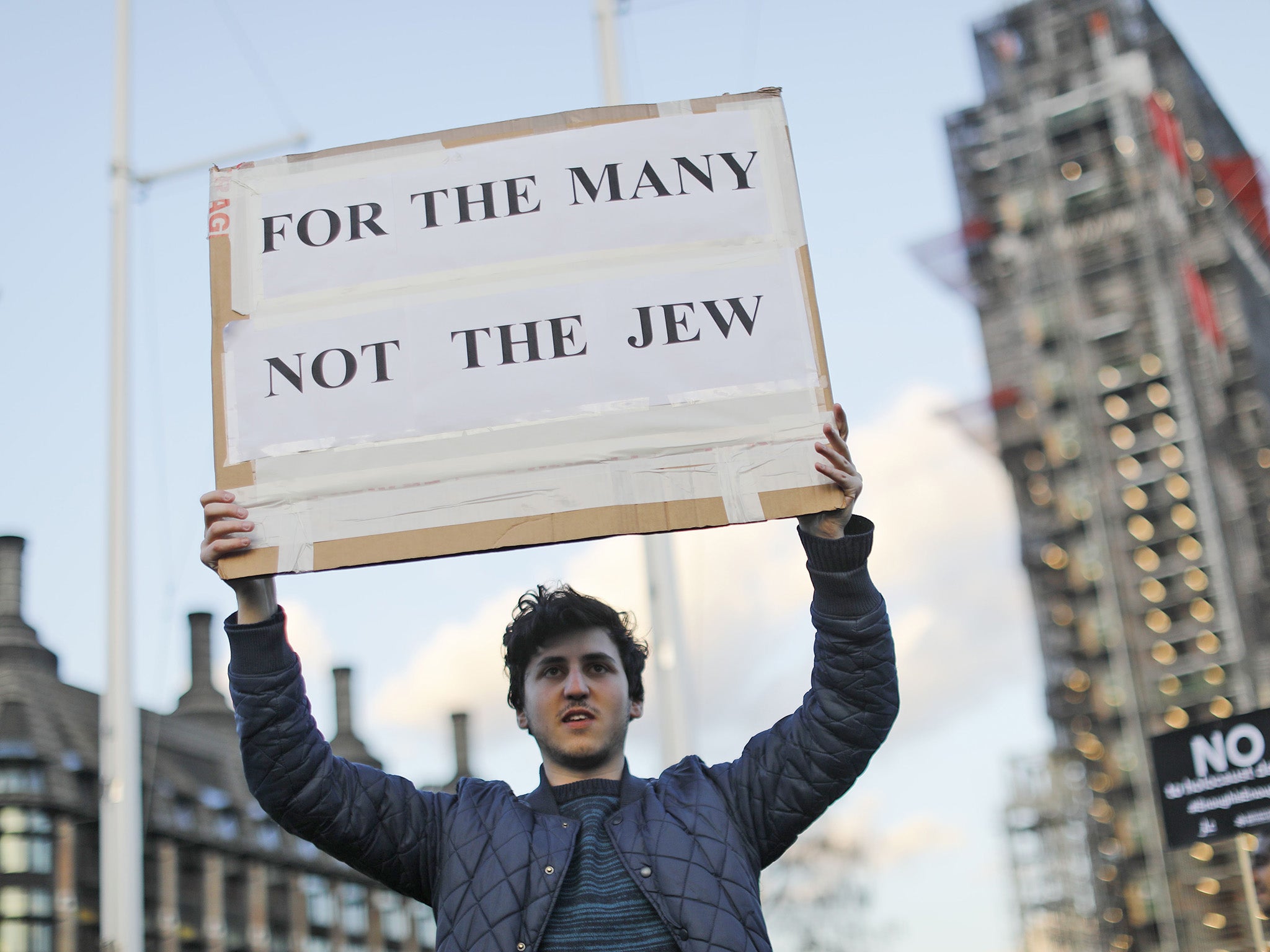
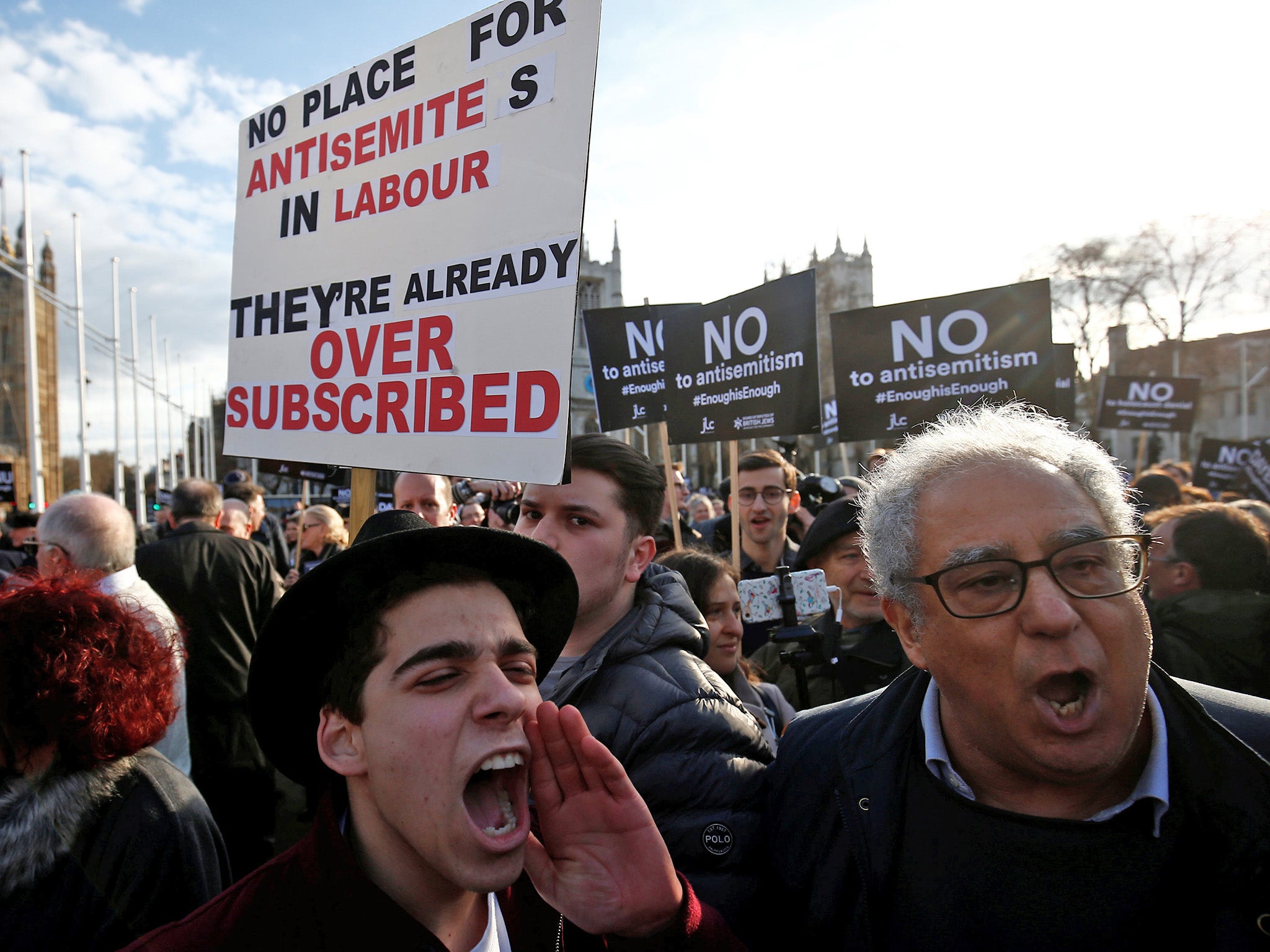
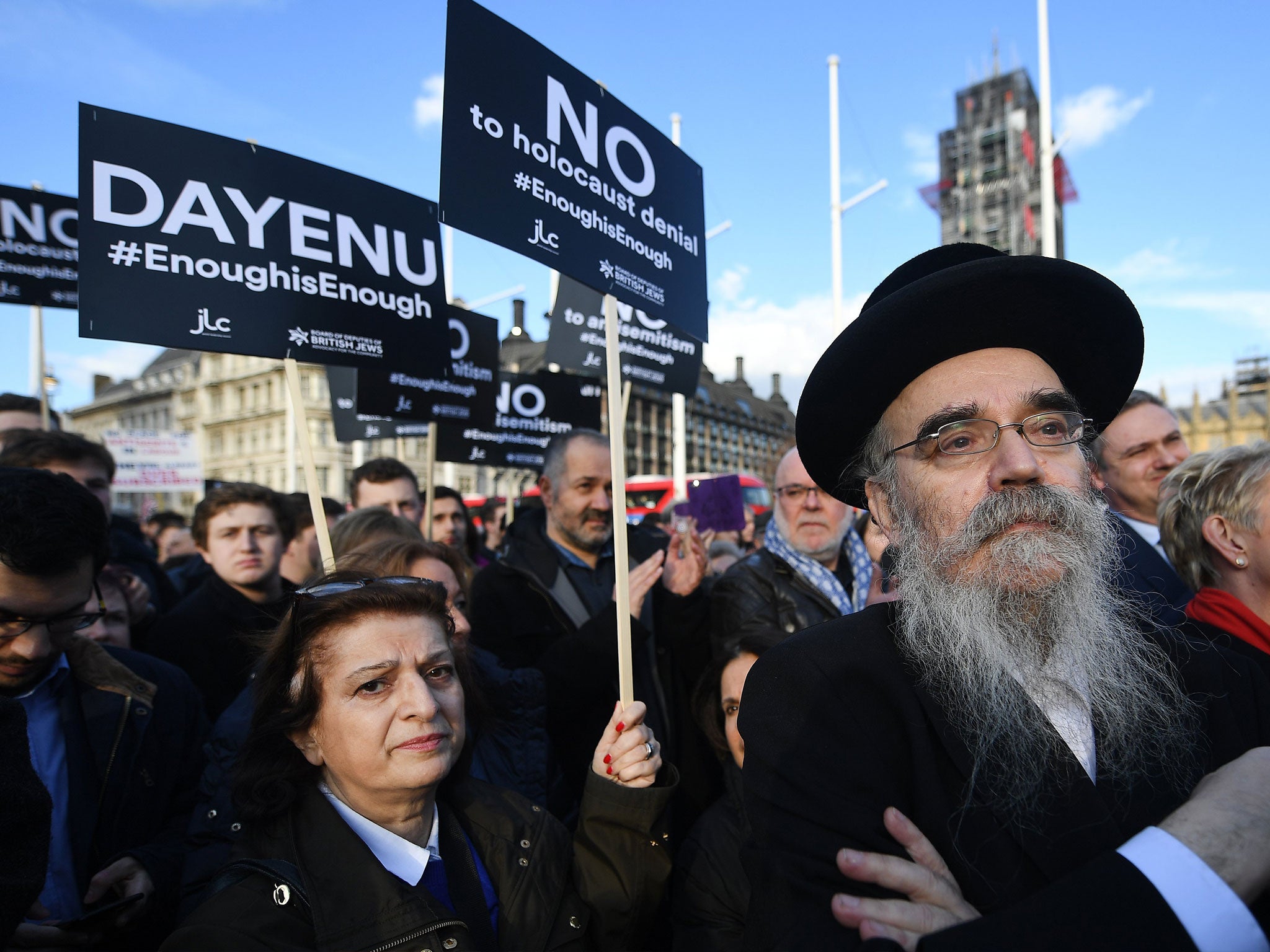
“Our party can build a better future. But to do this we need an open, hard-working, professional party committed to winning a Labour government. That’s why we’re calling for Keir Starmer to announce a full inquiry into the report, including into the possible misuse of funds. Those responsible must be held to account, and anyone found to have worked against a Labour victory must never again be allowed to hold a senior party position.”
Matt Wrack, general secretary of the Fire Brigades Union (FBU), which is affiliated with the Labour party, called for disciplinary action to be launched against the officials named in the report.
“This is clear evidence of what many party members knew all along – that whilst Jeremy Corbyn was trying to deliver a Labour government, senior Labour officials were conducting a vicious sabotage campaign against him,” he said.
“This abuse – which included repeated attempts to weaken Jeremy Corbyn’s position – was taking place at the very same time that Labour activists were knocking on doors day and night to try and deliver a Labour government. Particular shame should be felt by those who were planning to oust Jeremy Corbyn less than four months after he had won a second leadership election.
“This consistent pattern of corrosive behaviour prioritised damaging the left of the party over both winning elections and dealing swiftly with complaints of antisemitism and other forms of racism – it cannot be allowed to fester any longer in the Labour Party. Keir Starmer has said he wants a united party. He should therefore use his new mandate to urgently address this issue, including taking disciplinary action, as appropriate.
“These people should never again be in senior positions in the Labour Party. Without this internal wrecking, the hung parliament in 2017 could have instead been a Labour government – those involved should wear that for the rest of their professional lives.”
A Labour Party spokesperson said: “The party has submitted extensive information to the EHRC and responded to questions and requests for further information, none of which included this document.”
Officials appeared to try and hide some of their activities, with the same person stating during a different exchange: “We need to stop digital campaign budgets going to [a named left-wing senior staff member] for approval, he can’t see what we are doing with digital spend”.
We have to be upbeat and not show it
Senior Labour official on morning after party’s unexpectedly good result
In 2017 senior officials in the party discussed making preparations for another leadership election, hoping that one might be triggered by the party losing the Copeland and Stoke-on-Trent Central by-elections. Chat logs show one said “if we lose these elections we could have another leadership election. We should set up at some stage a discrete WG [working group] to go over rules, timetable scenarios and staff servicing the process. Just so we’re prepared”. A very senior official approved the process, dubbing it “Operation Cupcake” and suggesting that Tom Watson could be interim leader. The leadership election would have been the party’s third in three years.
Sky News, which first reported the existence of the dossier, reports that Labour party lawyers have decided against sending it to the Equality and Human Rights Commission, which is currently holding an investigation into antisemitism in the party. It is understood that the report may have been drawn up to help the party understand how its own disciplinary processes operated in recent years and not intended for submission to the EHRC.
Labour was put under investigation by the EHRC after the body received a number of complaints about the party’s response to complaints about antisemitism. The party has moved to expel members accused of anti-Jewish racism, but has been accused by critics of not doing so fast enough or making the wrong decisions in some cases. Critics of Mr Corbyn say his politics, and particularly his support for Palestinian liberation, has attracted antisemities to the party – though the Home Affairs Select Committee found “no reliable, empirical evidence to support the notion that there is a higher prevalence of antisemitic attitudes within the Labour Party than any other political party”.
The parliamentary committee however warned at the time that the leadership’s lack of action “risks lending force to allegations that elements of the Labour movement are institutionally antisemitic”. The EHRC, which launched its investigation in May 2019, is investigating whether the party has broken equality law, whether it has taken steps to improve its processes after internal reviews, and whether it has “responded to complaints of unlawful acts in a lawful, efficient and effective manner”.

Watch more
Labour leadership candidates clash over antisemitism in fiery debate
Antisemitism should not be the only focus in the Labour leader race
A statement from Gideon Falter, chief executive of the Campaign Against Antisemitism, argued that the material should be submitted to the investigation, but said: “In the dying days of Jeremy Corbyn’s leadership, the Labour Party appears to have invested in a desperate last-ditch attempt to deflect and discredit allegations of antisemitism. Rather than properly dealing with cases of antisemitism and the culture of anti-Jewish racism that prevailed during Mr Corbyn’s tenure, the Party has instead busied itself trawling through 10,000 of its own officials’ emails and WhatsApp messages in an attempt to image a vast anti-Corbyn conspiracy and to continue its efforts to smear whistleblowers.
“It is a disgrace that the 450,000-word report, which itself claims to ‘prove the scale’ of antisemitism in the Party and serves an exhibit of the Party’s failure to address the crisis, is being kept secret. Sir Keir Starmer has the report and should ensure that it is immediately provided to us and the Equality and Human Rights Commission, so that it can be considered as part of the Commission’s statutory investigation in which we are the complainant.”
Labour MP Charlotte Nichols said that “this document should be published in full” and that “Jewish members have a right to know what has happened and to see the evidence”.
Labour shadow minister Alex Sobel said: “To read the messages and emails that our own staff conspired to undermine our candidates and starve those in marginal seats of resources is a disgrace.
“To further read how complaints of antisemitism, Islamophobia, sexual harassment and other complaints were mismanaged due to a toxic internal culture highlights why the EHRC were right to investigate and vindicates the complainants.”
He criticised the leaker of the report for exposing a “huge amount of sensitive personal information” and said that the party’s culture needed to be “yanked out by its roots”.
Momentum, a group which organises on the left wing of the Labour party, called for a full inquiry into the report, including “the possible misuse of funds”.
“Labour came so close in the 2017 general election. Winning 40% of the popular vote, we were less than 2,500 votes away from forming a government. Had we pulled together, we could have won. A Labour government could have revived crucial public services, built a more resilient economy, and saved lives by giving our NHS the resources it needs,” Momentum national coordinating group member John Taylor said.
“Instead, leaked WhatsApp messages suggest that party headquarters undermined Labour’s chances in 2017 and were disappointed when the Tories lost their majority. For the activists who gave everything working for a Labour government, and for those whose lives depend on Labour winning power, we can never let this happen again.
Protests against Labour antisemitism
Show all 14




“Our party can build a better future. But to do this we need an open, hard-working, professional party committed to winning a Labour government. That’s why we’re calling for Keir Starmer to announce a full inquiry into the report, including into the possible misuse of funds. Those responsible must be held to account, and anyone found to have worked against a Labour victory must never again be allowed to hold a senior party position.”
Matt Wrack, general secretary of the Fire Brigades Union (FBU), which is affiliated with the Labour party, called for disciplinary action to be launched against the officials named in the report.
“This is clear evidence of what many party members knew all along – that whilst Jeremy Corbyn was trying to deliver a Labour government, senior Labour officials were conducting a vicious sabotage campaign against him,” he said.
“This abuse – which included repeated attempts to weaken Jeremy Corbyn’s position – was taking place at the very same time that Labour activists were knocking on doors day and night to try and deliver a Labour government. Particular shame should be felt by those who were planning to oust Jeremy Corbyn less than four months after he had won a second leadership election.
“This consistent pattern of corrosive behaviour prioritised damaging the left of the party over both winning elections and dealing swiftly with complaints of antisemitism and other forms of racism – it cannot be allowed to fester any longer in the Labour Party. Keir Starmer has said he wants a united party. He should therefore use his new mandate to urgently address this issue, including taking disciplinary action, as appropriate.
“These people should never again be in senior positions in the Labour Party. Without this internal wrecking, the hung parliament in 2017 could have instead been a Labour government – those involved should wear that for the rest of their professional lives.”
A Labour Party spokesperson said: “The party has submitted extensive information to the EHRC and responded to questions and requests for further information, none of which included this document.”


















